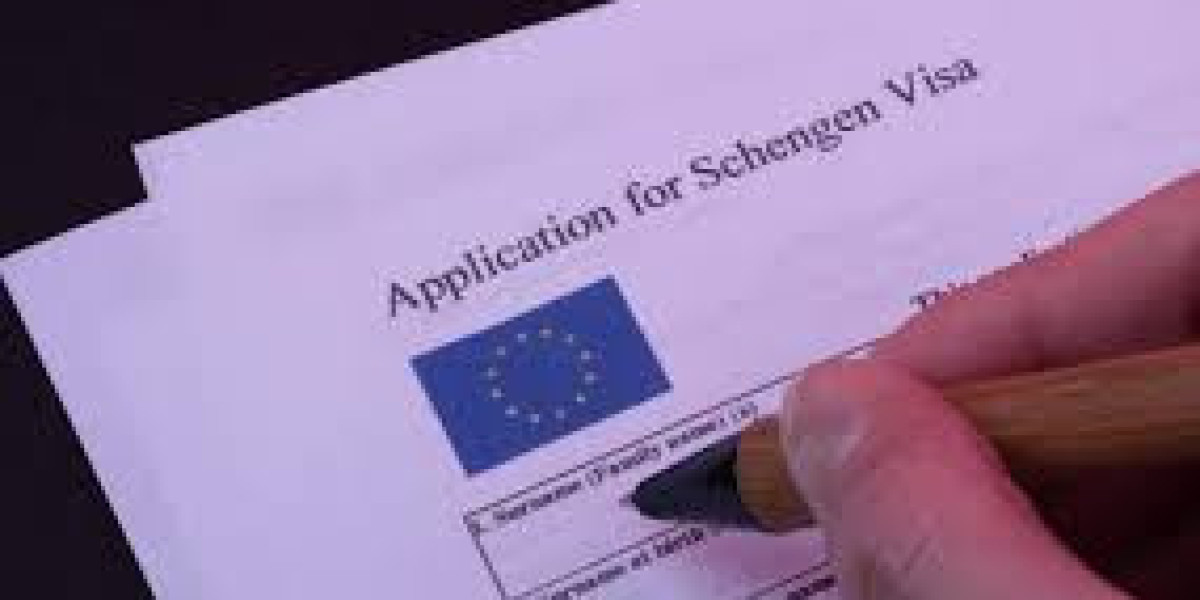The UK hospitality and restaurant sectors, though closely linked, present distinct accounting challenges. While both involve customer-facing services, inventory control, staff management, and seasonal trends, the financial frameworks vary widely due to differences in business models, scale, and service types. Whether you're running a boutique hotel, a bustling pub, or a fine-dining restaurant, understanding the accounting similarities and differences can significantly impact financial health and compliance.
In this blog, we’ll explore the common accounting elements shared between restaurants and broader hospitality businesses, followed by the core differences that necessitate specialised support. For businesses looking to grow with clarity and compliance, professional help from restaurant accountants and hospitality accountants is often not just helpful—but essential.
Similarities Between Restaurant and Hospitality Accounting
1. Revenue Recognition and Daily Cash Flow Management
Both restaurants and hospitality businesses must deal with high-frequency, low-margin transactions. Whether it's a customer paying for a meal or a guest booking a night at a hotel, accurate bookkeeping services are crucial to track cash inflow, card payments, and any outstanding balances. Daily reconciliation is standard practice, and many opt for Point-of-Sale (POS) integrations that automate sales and payments into accounting systems.
2. VAT Responsibilities and Returns
The majority of both restaurant and hospitality businesses fall within the VAT threshold. Hospitality VAT rates can be complex, especially when services like food, accommodation, and alcohol sales are bundled. Despite slight variations in applicable rates, both sectors must adhere to quarterly VAT services, proper documentation, and maintain compliance with Making Tax Digital (MTD) rules.
3. Payroll and Staffing Complexity
The hospitality and restaurant industries are among the UK's largest employers of part-time, seasonal, and hourly staff. Payroll, pensions, National Insurance contributions, and holiday entitlements must be accurately calculated and reported. Efficient payroll accounting is vital to avoid fines and improve employee satisfaction.
4. Inventory and Supplier Cost Management
Both restaurants and hotels rely heavily on inventory—whether that's food, beverages, linen, or amenities. Managing suppliers, delivery schedules, and tracking cost-of-goods-sold (COGS) are shared accounting activities that require robust inventory and procurement systems linked with bookkeeping services.
Key Differences in Accounting for Restaurants and the Hospitality Sector
Despite their shared foundations, there are significant differences in how accounting functions in each sector. These stem from unique operational models, cost structures, and revenue streams.
1. Business Model and Revenue Streams
Restaurant Accounting: Focused and Rapid Turnover
Restaurants often generate income solely from food and drink sales. Their accounting activities are typically centred around managing fluctuating ingredient costs, menu pricing, waste management, and daily footfall-based revenue. Many rely on narrow margins and fast table turnover.
Restaurants also face more acute challenges related to perishable goods, frequent promotions, and ever-changing food costs. Accurate inventory valuation and weekly reporting are essential to maintain profitability.
Example: A quick-service restaurant may need weekly cash flow forecasts due to short shelf lives and daily cash-based purchases. This differs vastly from a hotel that operates on pre-bookings.
Hospitality Accounting: Diversified Revenue Channels
Hotels, resorts, and broader hospitality ventures deal with multi-stream income—accommodation, dining, events, spas, and even parking. Accounting becomes significantly more complex as it involves allocations across cost centres and service categories.
Hospitality businesses often operate on a bookings model, with partial or full payments made in advance. Their accounting systems must reconcile deferred revenue, prepaid bookings, and occupancy rates.
Example: A 4-star hotel with 50 rooms and an in-house restaurant must segregate food service income from lodging and add-on services to accurately report VAT and profit/loss per department.
2. VAT Complexity and Application
Hospitality VAT: Varied and Often Confusing
In hospitality, VAT rates can vary even within a single invoice. For example, accommodation and food may be charged at different rates, and additional services like spa access or event hosting may fall under separate categories. The complexity of hospitality VAT can make quarterly filings a significant burden without expert help.
Example: A hotel offering a weekend package may include room, breakfast, and spa access—all of which attract different VAT rates. Incorrect classification can lead to overpayment or HMRC scrutiny.
Restaurant VAT: Simpler but Strictly Monitored
Restaurants typically deal with two or three VAT categories: standard-rated meals, reduced-rate takeaway items, and zero-rated goods like cold food and children's meals. While less complex, the volume of transactions increases the chance of input/output VAT miscalculations.
3. Corporate vs Sole Proprietor Taxation
Hospitality Businesses Often Operate as Limited Companies
Due to their scale, hospitality businesses frequently opt for a limited company structure. This triggers corporate taxation services obligations such as Corporation Tax returns, director salary planning, dividend allocations, and business expense tracking.
Restaurants Vary Between Sole Traders and Limited Companies
Small, family-run restaurants may still operate as sole traders, managing their income via self-assessment. However, this offers fewer tax advantages compared to incorporation. Larger chains or multi-location brands often switch to corporate status to reduce personal liability and maximise tax relief options.
Choosing the right model from the outset is critical—choosing a business structure can impact tax savings, compliance needs, and even funding eligibility.
4. Seasonality and Cash Flow Planning
Restaurants: Consistent but Competitive
While there are peak times like holidays and weekends, restaurants often operate year-round with daily income variations. As such, cash flow planning revolves around controlling costs during quieter periods without compromising quality.
Example: A high-street café might need to maintain staffing and inventory even during slow weekday hours to remain open, leading to slim margins.
Hospitality: High Seasonality
Hospitality businesses are highly seasonal. Summer, holidays, and events can drive significant revenue, but downtime can be equally stark. As such, financial planning, forecasting, and cash reserve management are crucial.
Example: A coastal B&B may earn 70% of its annual income between May and August. Robust accounting ensures it can sustain operations through the low season.
5. Regulation, Licensing and Reporting
Accounting for Pubs and Licenced Venues
Pubs and bars are a unique blend of hospitality and food service. Accounting for pubs includes tracking alcohol sales, licensing compliance, business rates, and VAT on entertainment. Stock loss due to spillage or theft is also a concern.
Example: A pub might host weekly events like quiz nights. Ticket revenue, alcohol sales, and food service all need separate revenue tracking for VAT and licensing audits.
Hospitality Regulations Are Broader
Hospitality establishments like hotels must meet fire safety, disability access, data protection (for bookings), and guest ID verification. These often come with associated financial penalties if ignored—necessitating vigilant accounting practices.
Why Choose Specialist Accountants for Your Business?
Regardless of whether you run a restaurant or a full-service hotel, engaging hospitality accountants or restaurant accountants is crucial. A generalist may not understand sector-specific reporting standards, tax reliefs, or VAT classifications that could save you thousands.
Additionally, effective bookkeeping services and VAT services ensure HMRC compliance, timely submissions, and smart cash flow management. For incorporated entities, corporate taxation services cover everything from R&D tax reliefs to director salary planning.
Final Thoughts
The restaurant and hospitality sectors may share core operational similarities, but their accounting activities differ greatly in depth and complexity. With diverse income streams, seasonal trends, VAT classifications, and operational models, each business type demands tailored accounting strategies.
Whether it’s understanding hospitality VAT, managing daily POS for a busy restaurant, or preparing for quarterly Corporation Tax filings, expert support can turn financial chaos into clarity. For this reason, business owners are encouraged to partner with industry-specific professionals who offer targeted insights and solutions.
If you’re in the hospitality or restaurant business and need a proactive, accurate, and industry-specific approach to managing your finances, contact E2E today. Our team of experienced restaurant accountants and hospitality accountants offer end-to-end services that ensure your business stays compliant, profitable, and ready for growth.



